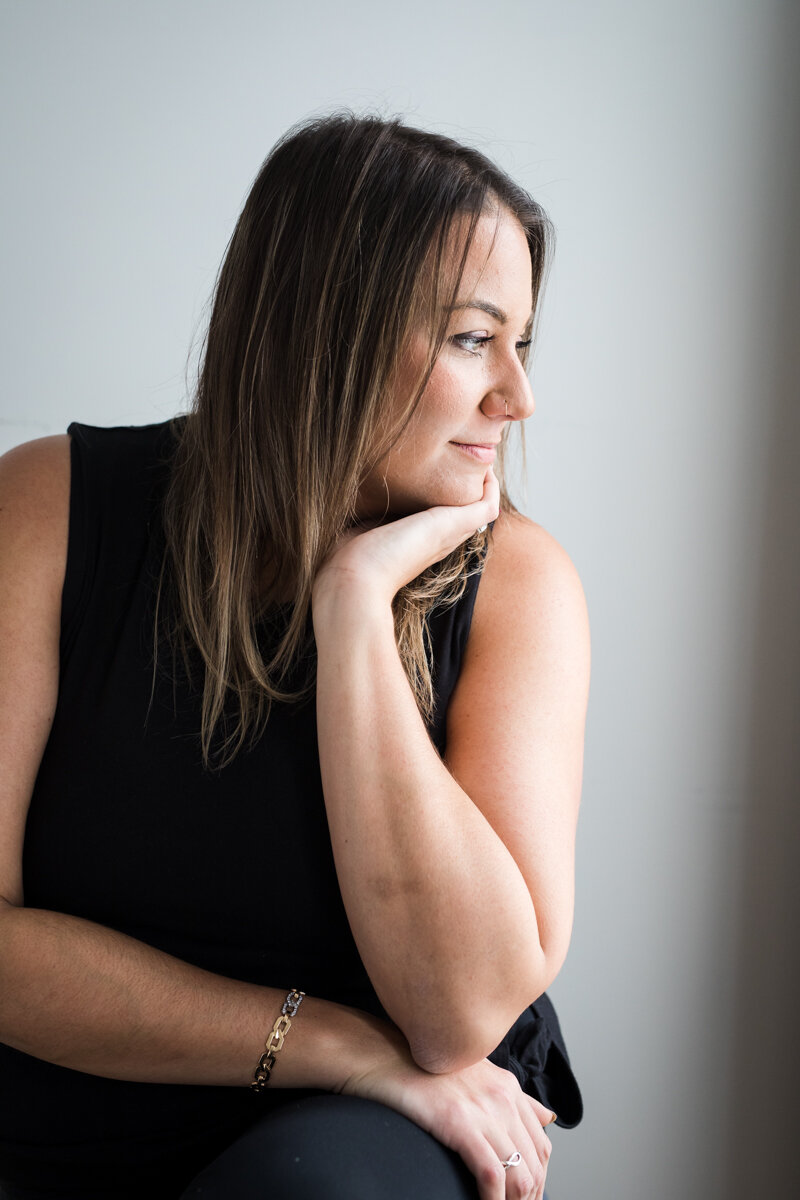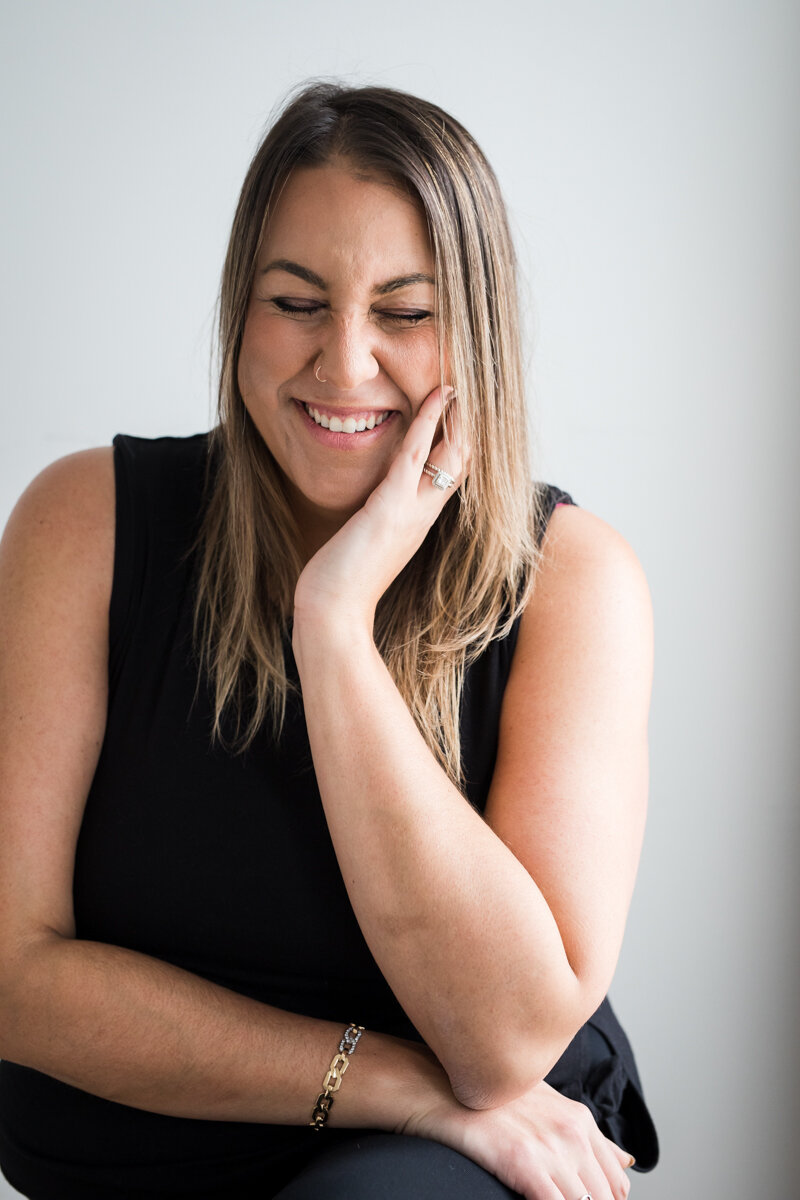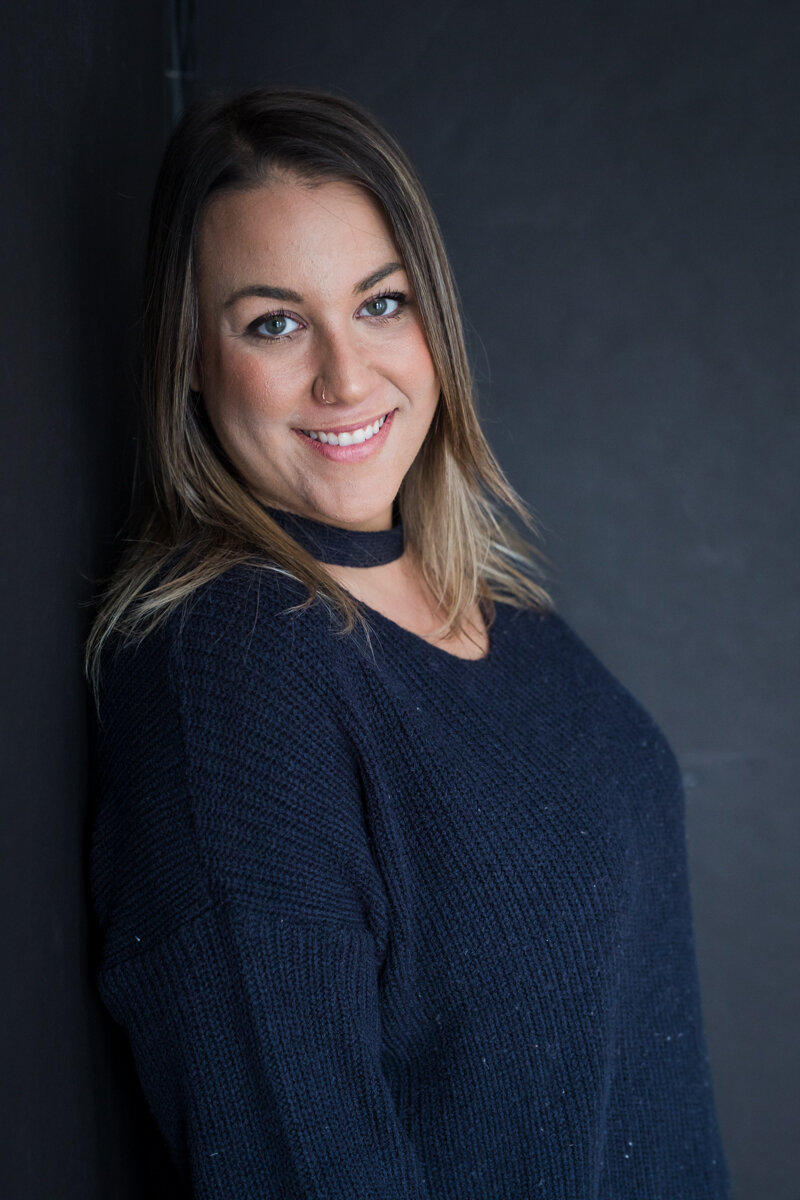Love Me the Way I Am
Written by Alecs Kakon
Photos by Jen Fellegi
Once we have enough distance from the pain, once it becomes but a memory, is it then that we have the full panorama of meaning? Is time all it takes in order to make sense of our past? Is it time that allows the experience to be fully absorbed, paving way for perspective so we can truly understand the impact of a moment? It’s almost impossible to have full comprehension of an experience while living in it – time is that invariable factor that brings meaning to the surface. The more time we spend mulling over the events of our past—sifting through memories—the deeper our sense of self-awareness becomes. We shape our past as much as we are shaped by our past and it’s thanks to our good ol’ buddy time that we have the opportunity to explore the endless possibilities of where meaning lies and what we will choose to make of it all. It’s more than just a backward journey of self-discover; it’s more than reconstructing in hindsight. It’s about standing firm in the knowledge that we have more agency than we believe. We can travel back in time and love ourselves from the inside out, because from my experience, self-reflection begets self-forgiveness, self-awareness breeds self-love, and that my friends is the only way to leave the past in the past. Chatting with Hillary, we shared feelings, memories, laughs and many truths, all of which were punctuated with deep reflection and soothing sense of self-acceptance.
She was only 2 years old, but she remembers the scene vividly. Sitting on the staircase leading to the basement, she overheard her parents in the kitchen having a fight. Unaware of what the argument was about, she remembers her father getting up, closing the door behind him and never coming back. “I was only recently told that he left because my mom asked him to choose between us and his family in Israel. I guess he chose his family there, because he left and that’s that,” Hillary explains. “Those years between the ages of 2 and 5 are very important for a child. I was definitely a traumatic experience and the imprint it left starting taking shape through my stuff like weight issues and self-esteem. I can’t remember much from those 3 or so years, it’s all a blur, but I would say it all stems from there.” Although Hillary never missed out on that father figure in her life, she most certainly felt like “I had less than everyone else, because they had this picture perfect life of a mom and dad, and I looked at my life and I had less,” Hillary describes. “But, my mom was a strong single mom. She had a full career, raised 2 kids and she really made something of herself. She’s showed me just how capable a single person can really be. She was my mom and my dad. She made sure we had a happy childhood. She would send us birthday cards signed by my father just so she could protect us from potential pain of being hurt by him. I also had a very present grandfather, he was a constant in my life.” Having to play the role of both good guy and bad guy, Hillary’s relationship with her mom felt the strain and weight of the challenge.
Battle scars written all over her body, Hillary “ate her emotions.” In fact, internalizing all of the hurt, she hadn’t known how to process her feelings and thus began her unhealthy relationship with food. “I was a big girl. No one really knows this from social media, but I’m actually 5’10. When I was 2 years old, I looked like I was 4 years old. By the time I was 10, I was 100 pounds.” This weight gain became a point of contention between Hillary and her mom. “I didn’t understand why I ate the same things as my brother and he would stay thin and I was gaining weight,” she recalls. “He had a safe in his room with foods like Oreos, Pop Tarts and whatever junk, and I had the kitchen pantry that was filled with snacks that were sugar-free or light cheese. Nothing a 12-year-old wants to eat.” With so much attention directed at how she looked, Hillary knows now that her mother was trying to help her, but she states, “I just felt she didn’t like me because I was overweight. Still to this day she talks about how I look; it’s always a focal point of conversation. It seeped into my self-esteem and how I saw myself. Incidentally, rather than having a positive effect on my eating habits, it exacerbated my relationship with food. I started rebelling: I wouldn’t eat 2 sugar-free cookies, I would eat the whole box. I started becoming addicted to food, it was like my therapy.”
With residual shames about her physical self, Hillary has recently come into a deep sense of self-compassion. Letting go of external expectations put on her body, she has chosen to forgive herself, accept herself and direct kindness her way. In a vein of Sonya Renee Taylor My Body is not an Apology, Hillary has chosen to love herself. “I’ve had 3 weight-loss surgeries, and I’ve recently been able to keep off 50 pounds. But, the instant trauma hits, I spiral. When I lost my grandmother and I gained a bunch of weight back, when this pandemic hit, well it was a rough year. I have accepted that it is a daily battle. I’ll probably deal with this for the rest of my life. Even though I have accepted that, it still hurts to be called fat, it hurts to be given advice by everyone who thinks they know my body better than I do. I’ve tried everything. But the truth is, this is who I am. My husband recently turned to me and said ‘If you’re happy, that’s all that matters. I love you just the way you are.’ I think that was the thing I’ve always needed to hear. Thinking that someone’s love was conditional on how I looked or how much I weighed doesn’t allow room for self-acceptance. Being told to change who I am or try harder to be smaller, well, it makes you think that you aren’t good how you are.” I asked Hillary what she might have done differently if she could mother her younger self. She replied, “If I were to talk to my younger self, I’d say nothing. I’d let her live her life and experience things on her own. I didn’t need to hear it from my mother. I think being told that how I looked was a problem was the real problem. Maybe had I just felt accepted, I would’ve accepted myself.” It all starts there: radical self-acceptance.
Celebrating herself on social media has been a space of therapy for Hillary. Wrestling with notions of “normal” her whole life, it was a welcome breath of fresh air to know that her “belly dance” was a point of relatability for her. “I poke fun, because I’m having fun. It’s real. I’m not perfect, and that helps people feel better about themselves. We all have different bodies, we are all our own people, we should own that and I want to shed light on that. I’m on a wellness journey and I decide the terms. I’m not influenced by how the world sees me. I just want to be healthy,” Hillary goes on: “I’m tall, I’m big boned, I’m me, and I love myself.”









